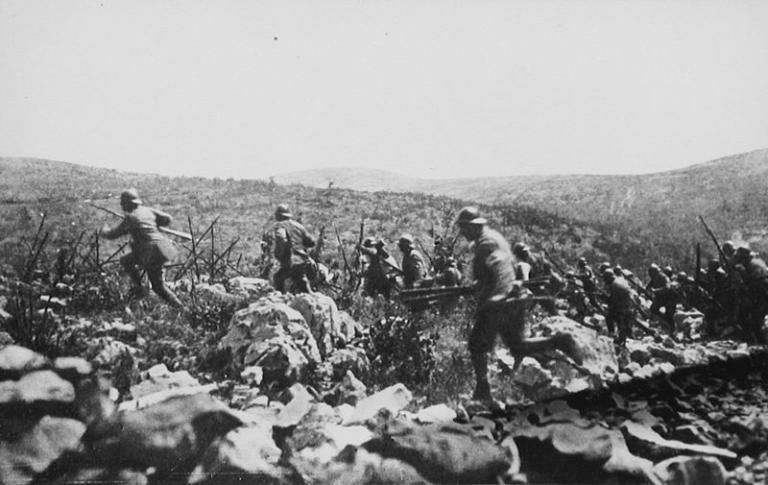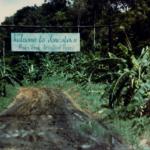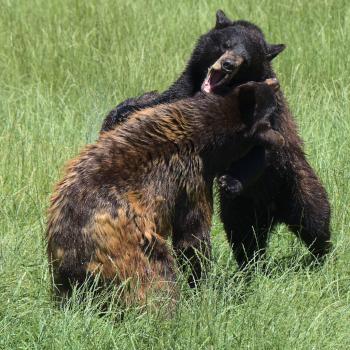One hundred years ago, on Novemember 11 2018, the guns of the First World War stopped firing.
Kurt Vonnegut famously wrote in his novel Breakfast of Champions:
It was during that minute in nineteen hundred and eighteen, that millions upon millions of human beings stopped butchering one another. I have talked to old men who were on battlefields during that minute. They have told me in one way or another that the sudden silence was the Voice of God. So we still have among us some men who can remember when God spoke clearly to mankind.
Armistice Day has become Veterans’ Day. Armistice Day was sacred. Veterans’ Day is not.
So I will throw Veterans’ Day over my shoulder. Armistice Day I will keep. I don’t want to throw away any sacred things.
Thanks to researchers at the UK’s Imperial War Museum who patched together audio recordings from the American front near the River Moselle, you can hear that Voice of God. Go listen: (video from metro.co.uk):
But it didn’t last. Because the First World War might more accurately be called the First Half of the World War. The world — or rather, the imperialist powers of Europe, along with the British Empire’s offspring the United States and the Prussian-copycat Empire of Japan — took a two decade halftime, and were back at it again.
So maybe, with all respect to Vonnegut, there wasn’t that much to Armistice Day after all. But then, maybe if we’d held it sacred, there wouldn’t have been a second half. Historical what-ifs are hard; it’s easy to see the mistakes of the past in hindsight, hard to know how other mistakes we might have made instead would have turned out.

But now we have Veterans’ Day. My father was a veteran, but when I was growing up it didn’t seem a big deal, it was a job he used to have. He used to drive a cab, he used to work as an usher at a movie theater, he used to guard the bomb dump at an air base in Vietnam. He’d thankfully never been in combat, was proud that outside of training he only fired his weapon once — something rustled in the jungle, he challenged, got no reply, and fired, probably scaring off an animal.
He did come under fire one time: on his way home at the end of his tour of duty, the base he was at came under mortar attack. He and another airman ran for the same one-man bunker — they shared it, taking turns inside. But I didn’t even hear that story until, if I remember right, his sixtieth birthday.
We didn’t know, until the last years of his life, how much his service had affected him — not mentally, but biochemically. Much of his failing health was apparently due to that wonder of better slaughter through chemistry, the dioxin-contaminated defoliant Agent Orange. Perhaps he was exposed from all those patrols around the bomb dump; perhaps it was used for brush clearing around Phan Rang Air Base.
Of course, what he and other US veterans suffered from this toxin is only a small fraction of what this chemical war crime did to the people of Vietnam.
When, after years of physical decline, my father died of a heart attack last year, the Veteran’s Administration was forced by law to rule it “service connected”. The United States government helped kill my father — which puts me in something of an Inigo Montoya / six-fingered man relationship with that institution.
What we owe our veterans is not some “thank you for your service” platitude. What we owe them is a deep apology and compensation for the way our government has used the lives of men and women as geopolitical tools for the benefit of our ruling classes.

















